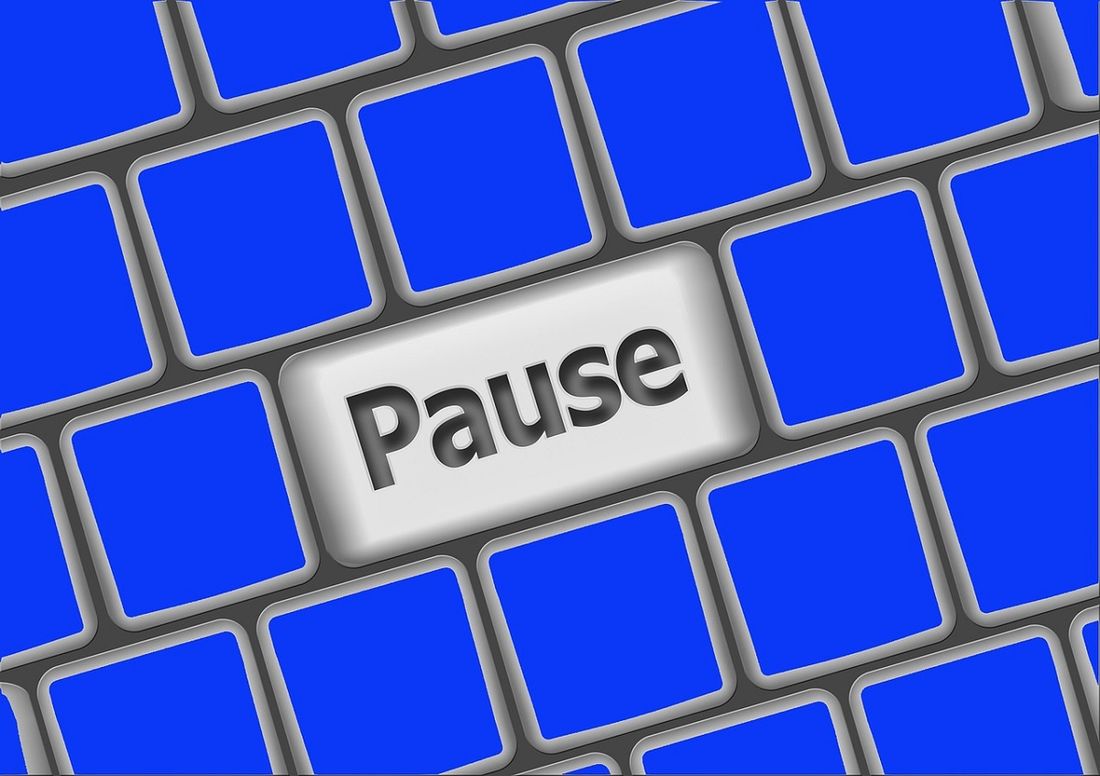Have you ever thought “Oh no, I probably shouldn't have said that?"
You are not alone!
We all have said something we didn’t mean. We all have done something we later regretted.
In my role as a counsellor, I'm often helping clients improve their communication skills and better manage their emotions.
For me, there was no better training ground to learn about human behaviour than working in prison. I learned how to deal with anger, sadness, trauma, and despair. I learned how to remain calm, even when faced with volatile or violent situations.
And I learned how to RESPOND rather than REACT!
Prisons are “melting pots” of people from vastly different backgrounds. First-timers, career criminals, drug dealers, gang members, people with mental illness, people with alcohol or drug addiction, high-profile identities… I met people from all levels of society.
My role as a counsellor was emotionally draining. I witnessed tension, conflict, and violence every day. Sometimes, anger was directed towards me. Despite the sadness, pain, and suffering, I enjoyed my work with inmates. It expanded my awareness and understanding of other human beings. It was an opportunity to make a positive difference in many lives… and a contribution to society as a whole. I learned many invaluable lessons. Lessons I have continued to use in my work outside the prison walls.
The men I counselled had often ended up in prison after expressing anger in irrational, violent, and destructive ways. Road rage incident, argument with a partner, or another frustrating event that triggered an angry explosion – many times under the influence of alcohol or drugs. They had learned to use aggression and violence to solve problems. Their uncontrolled anger caused them to do terrible things without considering the consequences of their actions. Anger was a way to release other, unexpressed emotions hidden under the surface such as fear, sadness, rejection, and humiliation.
However, we can learn to keep our cool in stressful situations!
We can learn to RESPOND rather than REACT. Responding is dealing with the situation thoughtfully and with consideration. Reacting, on the other hand, is emotional and impulsive. When we react, we do and say things without thinking first.
Of course, responding is much harder than reacting!
There is a simple technique you can try and use when you get angry and are tempted to react. Take a brief moment before expressing your angry feelings. Take a breath or two and P– A– U– S– E.
It takes just a few seconds but creating a short pause before responding to request, event or situation, can save you a lot of trouble and pain. This is not easy, but the best way to adopt a new habit is to practise, then practise again and again... until it becomes routine.
Make a conscious decision and start harnessing the Power of Pause in your own life!

Eila Mikkonen
Counsellor, Coach & Mental Fitness Facilitator


